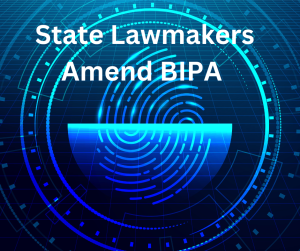Employers who have not already done so should comprehensively review their past and present severance agreements to ensure that any non-disparagement and confidentiality clauses contained therein do not run afoul of the National Labor Relations Board’s ruling in a February 2023 case called McLaren Macomb, in which the NLRB significantly—and retroactively—restricted employers’ rights to include such clauses.
Referring to a provision of the National Labor Relations Act (NLRA) that protects employees’ rights to “engage in protected, concerted activities to address or improve working conditions,” the board wrote that: “a severance agreement is unlawful if its terms have a reasonable tendency to interfere with, or coerce employees in the exercise of their Section 7 rights.”













